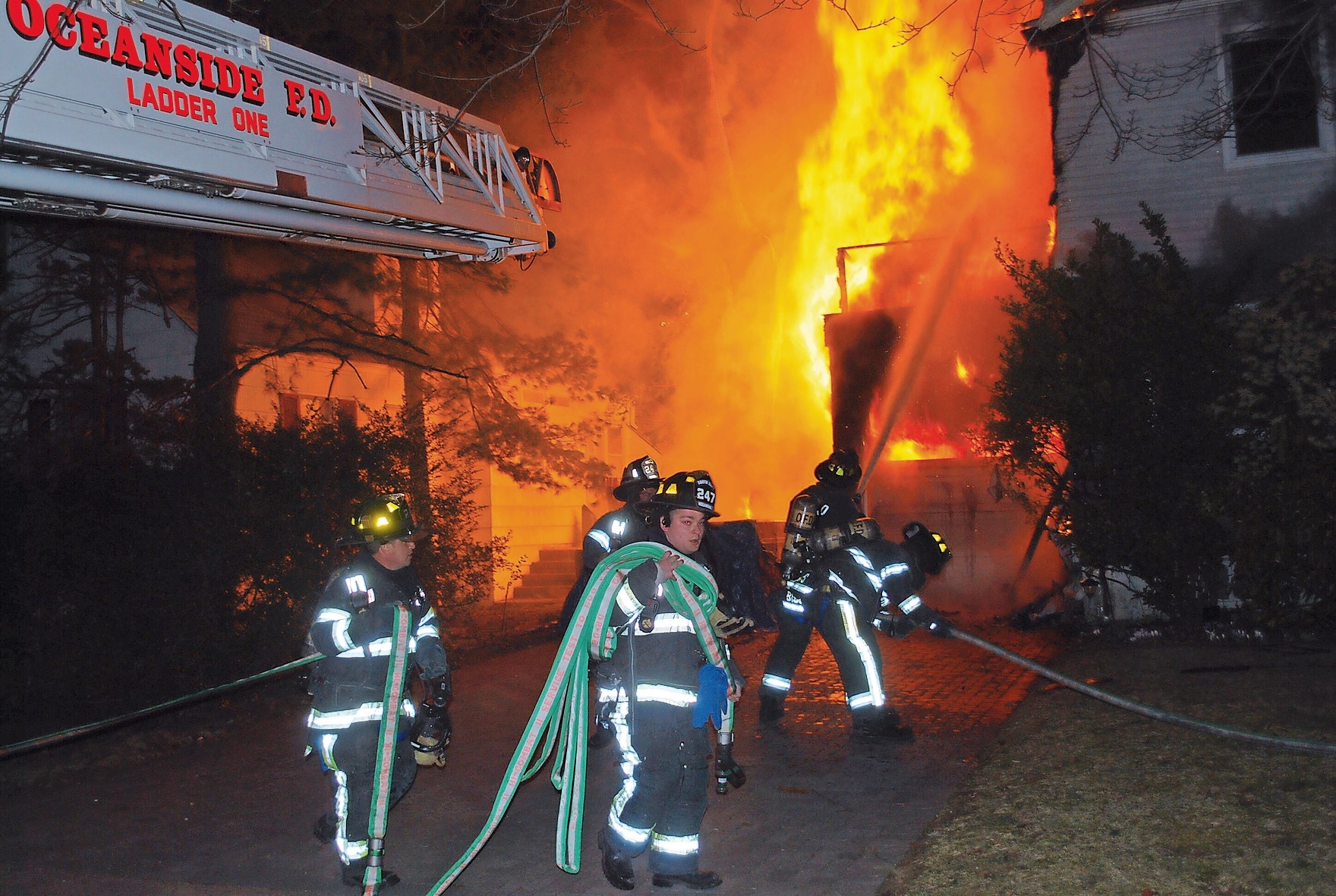Volunteer firefighters fight for insurance
A paid fireman and a volunteer fireman both respond to a fire where there are toxic materials. The paid fireman develops cancer of the pancreas, and his insurance pays for his treatment. The volunteer fireman also develops pancreatic cancer, but he has no insurance to cover it. Thousands of volunteer firefighters are waiting for the New York State Assembly to pass a bill that would allow them to have the same insurance coverage as paid fire fighters.
Jacqueline M. Moline, Occupational Medicine specialist and the chair of the Hofstra Northwell School of Medicine said, “Actually the construction today has all kinds of toxins in the smoke and problems for emergency services. People that live in these houses, those people are leaving when volunteers and emergency workers go in. Carcinogens get into everything, into the apparatus after the alarm, onto their equipment, on their clothes, and into their homes when they bring the equipment home with them.”
Moline has been at the forefront of the fight to get the Assembly to pass an amendment to the volunteer firefighters benefit law, adding a new section to provide a volunteer fire fighter who was cancer free when they began service and now has one of several specifically identified cancers incurred such conditions in the performance and discharge of their duties.
Oceanside volunteer firefighter Steven Klein is Second Vice President of The Firemen’s Association of the State of New York (FASNY). He said they are working on a two-fold approach to the problem. “We are teaching firefighters to decontaminate themselves after every response. They come home with soot and toxins. But they have to take their things off, clean everything, etc., before getting into the apparatus [fire trucks and rescue vehicles]”
Klein said there have been numerous studies showing that firemen are prone to getting different kinds of cancers. “We signed up to serve we did not sign up to get cancer,” he said.
Moline added “Hose off before you get into the truck, decontaminate upon leaving the fire. It is an ongoing education until the mindset of the fire service is changed.”






